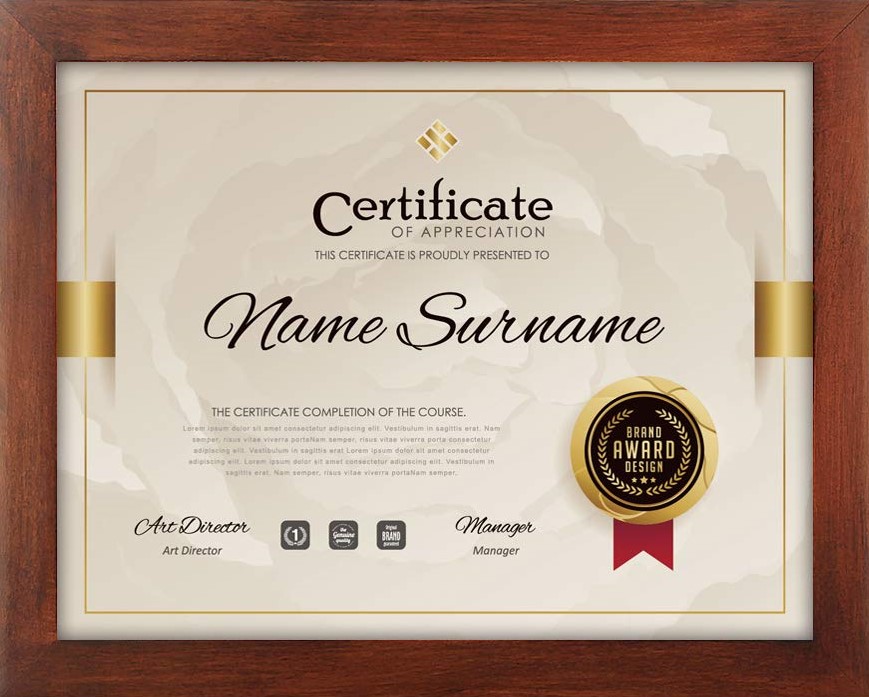You may feel excluded when all your peers have professional degrees. Fake Degree Certificates can make you feel like you’re not being left behind.
These fake certificates can carry grave legal consequences. It is essential to speak with an attorney if you’re holding a fake certificate.
Case Studies in Legal Cases
Whether it’s an individual who claims to possess the top degree from an university for the sole purpose of getting a job or a company employing individuals with false credentials, there can be serious consequences for those who are who are caught. Based on the state you reside in, lying about your qualifications could be a crime or misdemeanor, and will result in thousands of dollars worth of fines or imprisonment. Additionally, it can result in civil lawsuits if the lie results in damage. If someone with fake credentials signs off on an incorrect building plan, and the structure collapses, then the person could be sued in the millions.
It’s good to be aware that diploma mills have been stopped by investigative journalism, law-enforcement agencies, and verification firms. Former FBI agent Allen Ezell, who ran an investigation into fake transcripts and diplomas known as Operation Diploma Scam, estimates that the industry of diploma counterfeiting nets about $7 billion a year, primarily in the United States and the Middle East.
It is best to reassess a candidate’s qualification when a fake diploma has been discovered. This can help prevent damage to reputation and makes sure that hiring procedures are rigorously reviewed and improved. It also provides an opportunity to seek legal advice and make sure that any actions taken comply with the employment law.

Diploma Mills Scams
Fake universities, also known as diploma mills offer degrees that do not require the student to attend classes or engage in demanding academic tasks. Accreditation is often claimed, but it involves the thorough review of an institution’s curriculum, credentials of faculty as well as other information. Accrediting organizations that are legitimate are listed on official websites run by educational authorities. Diploma mills make use of fake accreditation institutions or even design their own to appear more trustworthy.
Experts say that these scams are now a multi-billion dollar industry. They operate by supplying an application form that applicants must fill out, and then printing fake transcripts and diploma bearing the applicant’s name on it. The degree might not be relevant to the field of the candidate or include any coursework or exams.
It is not easy to spot a fake diploma mill, however you should be aware of warning indicators. For example, many of these fraudulent schools provide degrees within weeks or days, and do not require students to attend classes. They also offer that they will transfer prior experience and life experiences into an academic degree. False credentials could have grave implications for the people who purchase these credentials, such as lawsuits or even prison sentences. Therefore, it is essential for employers to check the legitimacy of all degrees presented by candidates.
Axact Scandal
Axact is a firm based in Karachi, Pakistan that bills itself as a tech firm and is in fact one of the biggest degree mills worldwide. A New York Times investigation revealed that in the past decade, Axact earned millions of dollars from selling fake credentials from fake colleges and universities. These fake degrees were offered all over the world, including within the United States.
Axact’s operations are similar to that of other mills for diplomas. These fake schools are identified using names like Harvey University, Barkley University and Nixon University. They also boast they’re accredited by real institutions, and that they offer a wide range of programs and faculty members who are available to assist students at all times.
Axact sales reps blackmailed customers, in addition to supplying fake degrees. Former employees say that telesales agents would pretend to be law enforcement officials and threaten their customers with denial of their degrees by the government agencies if they didn’t purchase legalisation documents or “attestation” certificates from the State Department.
After the New York Times’ investigation was released, Pakistani authorities raided Axact’s headquarters. Axact was shut down and 22 employees punished and imprisoned for their involvement in the scam. Chief Justice Mian Saqib Nisar took suo in hoc note of the Axact scandal, and demanded that the prosecutors explain which articles in the Constitution emphasize human dignity.
Operation Varsity Blues
The college admissions bribery scandal that grabbed headlines in 2019 is the focus of the Netflix documentary “Operation Varsity Blues: The College Admissions Scandal.” The film examines how wealthy parents, including actors Lori Loughlin and designer Mossimo Giannulli paid an untrustworthy middleman, Rick Singer, to get their kids into elite schools with fake athletic credentials and inflated test scores and know more info at https://lambang247.pro/.
The documentary is based upon interviews conducted with individuals involved in the case and investigation. The movie also features dramatic recreations. It provides a riveting review of the scandal, however it’s most effective to warn people about the dangers of fraud.
Parents have pleaded guilty to charges related to Operation Varsity Blues. Gamal Abdelaziz – who was a former executive at a casino – as well as John Wilson – a private equity investor have been sentenced to prison.
Parents were also compelled to pay millions in fines and forfeitures. This scandal has brought up doubts about whether schools have enough resources to ensure that students have the right qualifications to be admitted. Some have lowered admission standards to increase enrollment, while others have stopped accepting high-paying corporate donors who are able to bribe school administrators.
